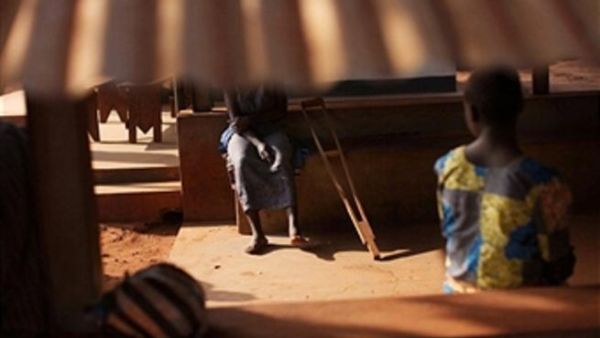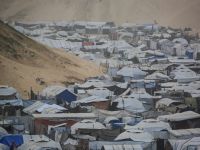The effectiveness of the Sudanese government’s austerity measures to contain an economic crisis, which have sparked protests in the capital and several towns, is yet to be seen, some economists say. “This is not only my perspective, but many others,” said Osama Faisal, commissioner of Investment Authority in Khartoum.
“From a theoretical point of view, the government policy which aims to bring back balance to the economy is extremely good,” he added in an interview with Gulf News. “The issue will be related to implementation, and we can’t judge (from now) whether it was successful or not.”
The Sudanese government, struggling to fill the budget gap resulting from losing nearly 70 percent of its revenues when South Sudan seceded a year ago, taking with it much of the country’s oil wealth, has announced some austerity measures last month. As a result, the prices of the basic commodities doubled and pushed many, mainly students, to the streets to protest.
While the policy is praised by many economists, it failed to restore confidence in the economy, and the faith in the Sudanese pound, which lost almost half of its value over the last year, plummeted further, according to press reports. Some economists believe the unpopular measures have already failed to restore confidence in the faltering economy.
The International Monetary Fund said was reported as saying in the media last May that Sudan’s economic situation had not improved since 2011, when growth slowed to 2.7 percent, and the fiscal deficit was about 4 percent of gross domestic product.
Sudan’s austerity measures are a “step in the right direction” toward containing the crisis, but the authorities were slow to react to the loss of revenues, the IMF was quoted as saying.
Asked about the strength of the economy to sustain losses, Faisal said “I don’t think there will be a catastrophe ever.” While oil revenues were lost, North Sudan increased exporting gold, he said.
Two years ago, Sudan’s exports of gold were estimated at US$ 600 million a year. This year, and according to the figures of Bank of Sudan, gold exports would reach US$ 2.6 billion,” he said. Moreover, the recent government measures have “given a new spirit” to investors, Faisal said. Investments are directed in the “in the right direction,” he added.
According to official figures, foreign investments in the Sudanese capital of Khartoum during the first six months of the current year recorded a 53 percent increase of the same period in last year, he added.
Investments in the agricultural field were increased by 143 percent, while investments in the industrial fields jumped by 22 percent, according to Faisal.
The biggest foreign investors,are arriving from different countries, including those which have “political unrest” he explained, refering to the countries which witnessed “Arab Spring” revolutions, such as Egypt. Apart from neighbouring countries, foreign investments in Sudan are coming also from Gulf countries and others from Asian nations, such as China, India and Pakistan, he added.








